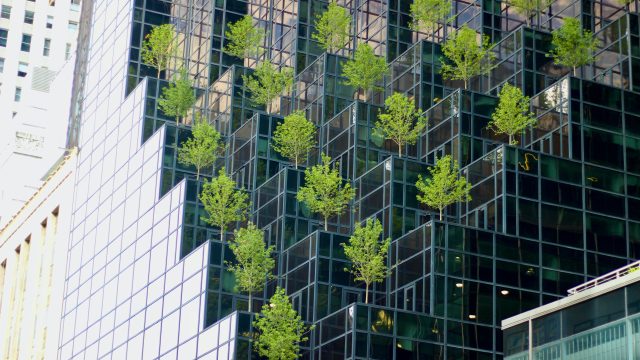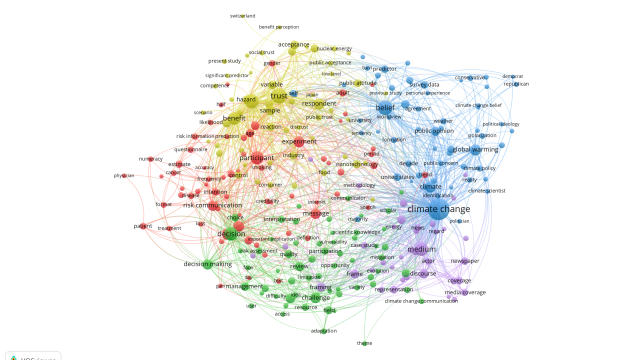The future of work in a green economy

The 2016 Green Economy Academy came at a crucial moment, as nations ready themselves to implement the 2030 Agenda for Sustainable Development and the Paris Agreement on climate change. Both instruments reaffirmed the centrality of environmental sustainability as the context within which economic and social development will take place, with important implications for the future of work.
Against this background, a high-level policy dialogue dedicated to the future of work in the transition to inclusive green economies was convened, recognising the significance of employment, the distributional impact in the transition to greener economies, and the need to ensure a just transition for enterprises, workers and communities. Researchers from the London School of Economics, McKinsey and Co, the Club of Rome and United Nations agencies shared new findings on major drivers in the future of work: the effects of environmental degradation and climate change on jobs and productivity; the changing landscape of policies and investment; new business models emerging in the circular economy; and the implications of innovation, green technology and changing consumption patterns.
To these research findings, policy makers from Barbados, China, Finland, Kyrgyz Republic, South Africa, and other PAGE partner countries and funding partners brought policy perspectives that highlighted that clearly, a future of work is only possible if it is enshrined in sustainable development. The conditions of work are already changing: new jobs are being created, whilst others being eliminated. Income distributions are being altered too, potentially aggravating inequalities and exclusion.
Following the dialogue, over two weeks, experts and practitioners dived into latest thinking, national and regional experiences and successful practices in a range of subjects including green fiscal reforms, financing for the green economy, the energy transition, the greening of agriculture, green jobs promotion, economic modelling and green economy indicators, and south-south and triangular cooperation – all important areas shaping policies and strategies for a just transition towards inclusive and climate-resilient green economies. Much food for thought for the International Labor Organization's Future of Work Initiative and PAGE research agenda.
Moustapha Kamal Gueye, Coordinator, International Labour Organization Green Jobs Programme
This article has been reposted, with permission, from the UNEP Green Economy blog.
Image credit: "entrepreneur" (CC BY 2.0) by Sole Treadmill


